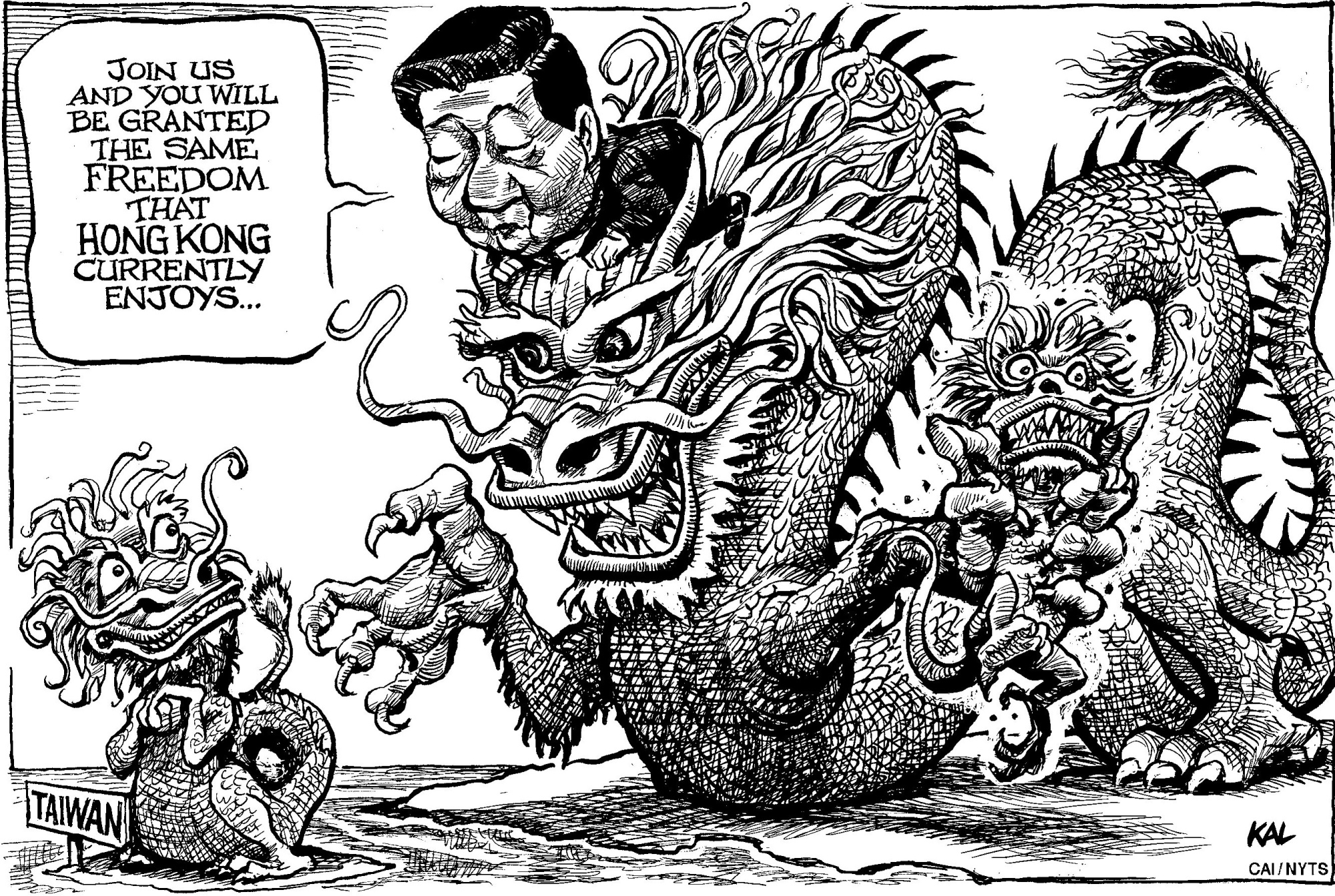The unfolding geopolitical contest between China and the United States has been described by many as a new cold war. If it ever becomes a hot one, the flash point could be Taiwan, owing in large part to Chinese policy toward the island.
China's government suspended diplomatic contact with Taiwan in June 2016, because the pro-independence Democratic Progressive Party (DPP), which had just returned to power, refused to recognize the so-called 1992 Consensus, the political basis for the "One-China" principle. Since then, however, Taiwanese President Tsai Ing-wen has pursued a moderate policy, disappointing hard-line DPP supporters.
That is not good enough for China, which has continued to tighten the screws on Taiwan. For example, it persuaded five other countries to follow it in severing diplomatic ties, reducing the number of countries that maintain formal relations with the island to just 17. China has also taken steps to stifle tourism from the mainland: whereas nearly 4.2 million mainland Chinese visited Taiwan in 2015, when the pro-Beijing Kuomintang government was in power, the total fell to just 2.73 million in 2017.



















With your current subscription plan you can comment on stories. However, before writing your first comment, please create a display name in the Profile section of your subscriber account page.